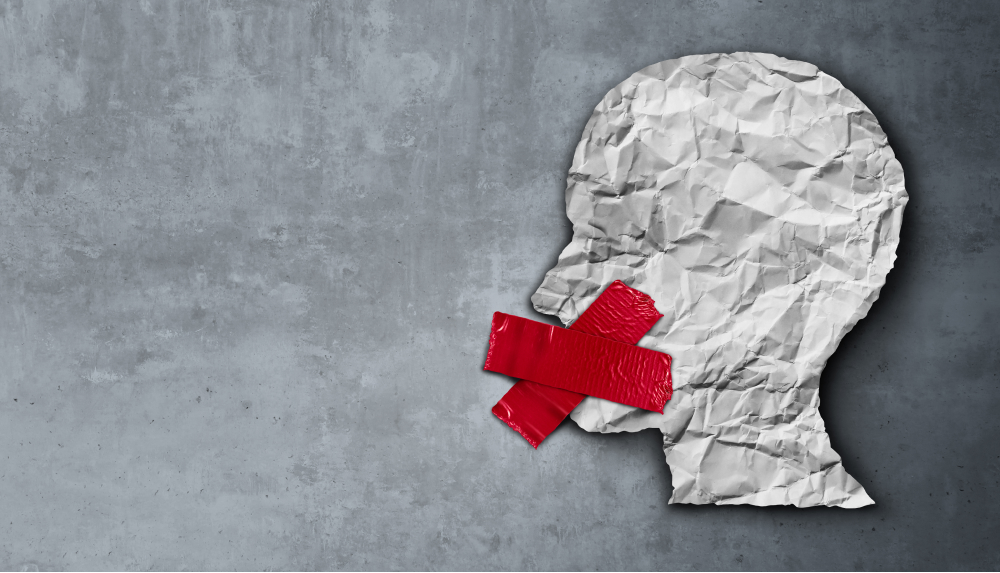Reflections on Torah Portion Mattot-Masei
Teaching in Exile

This week’s Torah portion is a double portion. The reason we have double portions is so that during a Jewish leap year, when there are 13 months instead of 12, we can “unpack” the double portions so that each Shabbat in a leap year has its own Torah portion. When there is no leap year, such as this year, certain portions double up. This double portion ends the book of Numbers (Ba-Midbar – “in the desert” in Hebrew).
Many of the themes in these two Torah portions have to do with final matters before the Israelites enter the Land of Canaan. One of these matters is the concept of the “cities of refuge” that will be established in the land. The Cities of Refuge are set up for cases of negligent homicide.
In ancient times, when a person killed someone accidentally but negligently, that person was still subject to the vengeance of the family of the deceased. In most pre-modern culture, any member of the opposing group in a feud would suffice for vengeance. If a Hatfield killed a McCoy, then a McCoy killed a Hatfield.
The law in this week’s portion, the “Blood Avenger” (go’el ha-dahm) was a step forward in the development of law. Instead of all the members of group being held responsible for a killing, only the actual perpetrator was held responsible. The offended clan or family would send out a Blood Avenger to seek retributive justice. The perpetrator could flee to a “city of refuge” to have the case heard.
If the killing were deemed completely accidental, the person is free to go. If it turns out that the person committed willful murder, the court hands him over to the Blood Avenger, who slays the murderer. If the killing were negligent, but not intentional, the person can stay safely in the city of refuge until the current High Priest dies. At that time, the Blood Avenger is relieved of his duty to avenge the blood of his kinfolk, and the perpetrator can leave the city safely.
This law clearly seems to be intended to prevent something rampant in pre-modern times, and still in force in many places today: the vendetta. If a person from one tribe, group, gang, mob, race, religion, nation etc., kills a person from another group, the offended group feels it has the right and duty to kill any member of the group of the perpetrator. Destructive feuds follow. This law takes us a step out of the primitive world of blood vengeance and limits the avenger to killing only the perpetrator and introducesd the intervention of a court to adjudicate the case. The avenger is, of course, an executioner, but only of someone who has committed intentional murder. Accidental killings are excused and negligent homicides are handled with the city of refuge.
The Talmud takes this wise and fairly straightforward law into unforeseen territory. The Bible says in Deuteronomy 4:42, where the matter is reviewed, that that person guilty of negligent homicide can flee to a city of refuge “and live.” ”. The Talmudic rabbis ask what it means “to live.” Obviously, he goes there to live and not to die; that is the purpose of the law. “To live” must mean something else. The rabbis decide (as recorded in Tractate Makkot 10a) that a person cannot live without the study of Torah, so if a person is exiled to the city of refuge, his teacher must go with him. And where the teacher goes, the whole yeshivah goes.
This reading of the text is, of course, contested, and there is no recorded case of a rabbi and the yeshivah following a negligent killer into the exile of a city of refuge (at least partly because rabbis and yeshivahs did not exist in the time of the Bible.)
The Talmud is probably referring to something deeper, something that every real parent, teacher, healer, therapist, life coach, mentor, true friend, etc. knows: you can only guide another person if you are willing to go into the exile experienced by the person for whom you are caring.
The empathy and insight required for true guidance requires that the person who assumes the role of guide can somehow peer into the soul of the suffering one and not be defended from what one sees there.
The true witness to the suffering of another will not be untouched. Perhaps this is the mark of a healing presence, whether family, friend or counselor: the willingness to suffer some of the exile of the one in pain. The rabbi of the man who kills negligently must go into exile with him, we are taught, as well as the entire yeshivah. I try to imagine how the curriculum of this mythological yeshivah is affected, as the students in this yeshivah in the city of refuge are by now mostly those guilty of negligent homicide.
I mean all of us. Relationships are often killed, negligently, by a thousand cuts. We often kill ourselves spiritually with relentless negative inner voices, cutting away at our sense of self. We need to flee to the city of refuge, a state of mind in which we admit that we are sometimes slowly and negligently killing the spirits of others, killing relationships, killing our own well-being. In that exile in the city of refuge, we can confront that destructive negligence and seek the teaching that will release us.
Imagine that we are all in exile, all seeking the city of refuge, all seeking the teaching that will help us stop destroying that which we treasure.
Off the top of my head, here are two little teachings. We all live with resentment and regret. You are not human if you have not been hurt or regret hurting yourself or others. But we ought not be weighted down into the past. Each day is a day that opens onto a new horizon, a new canvas for self creation. Voices of resentment and regret must be addressed (they never go away), but they ought not dominate our inner dialogue. Our inner life should be guided toward openness, hope and joy.
A second teaching: understand poetry and irony. Oftentimes, the greatest teachings are taught through metaphor and misdirection, bypassing the defended and skeptical ego self, directly reaching the heart. The path to free will is not free.
Shabbat Shalom!




















 More news and opinions than at a Shabbat dinner, right in your inbox.
More news and opinions than at a Shabbat dinner, right in your inbox.